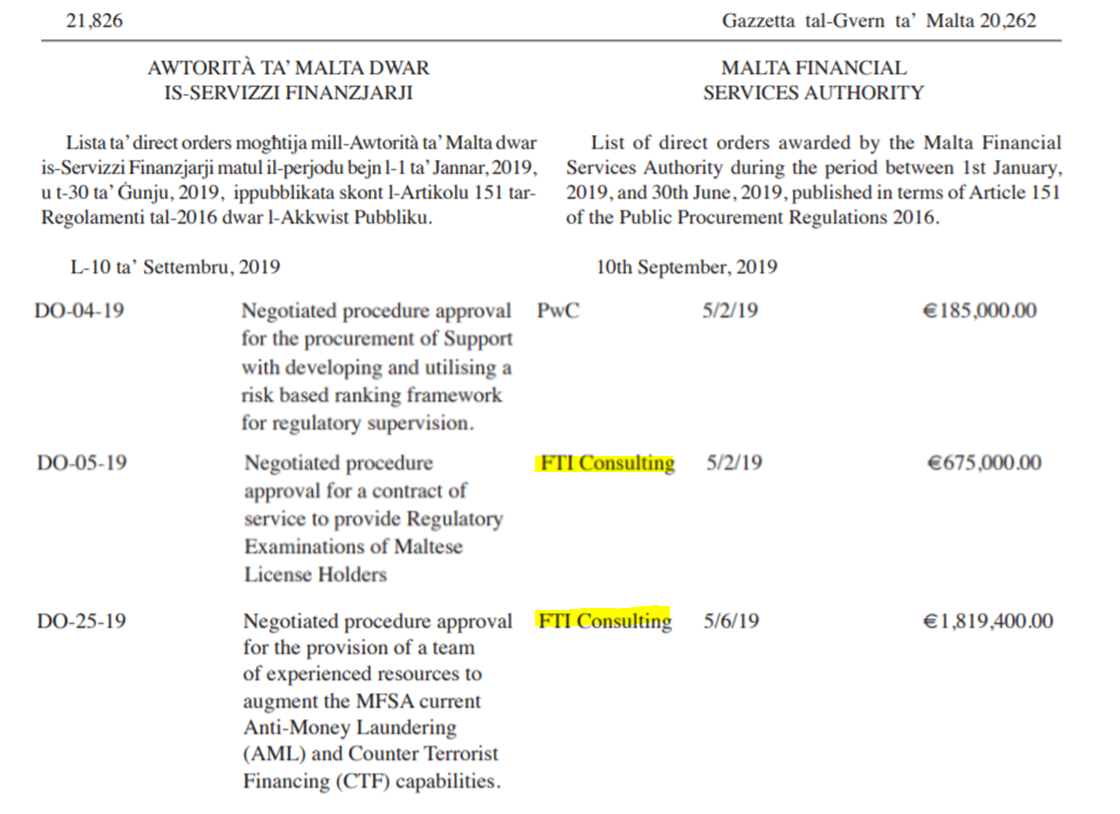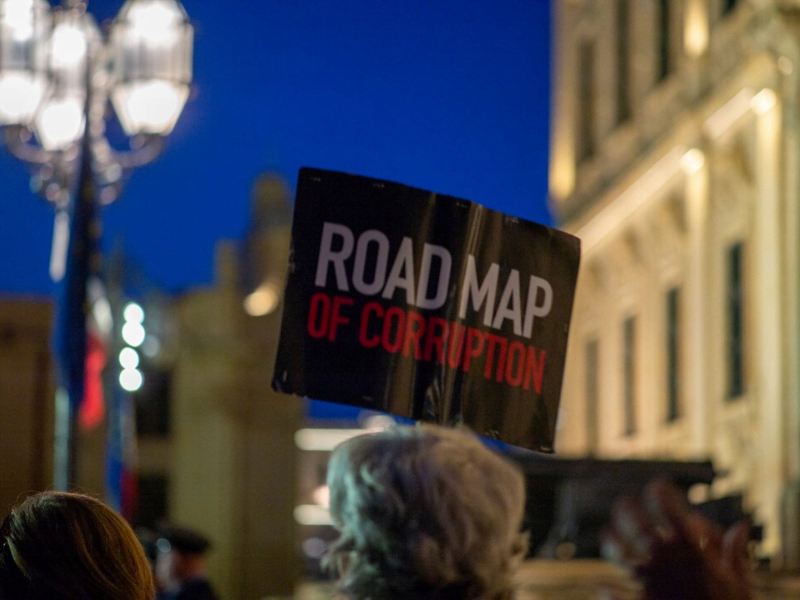The European Commission has expressed concern over Malta’s ‘attractiveness’ for tax evasion, money laundering and corruption activities, stating that despite its recommendations last year, little to no progress has been made.
In its report analysing Malta’s progress in addressing Country Specific Recommendations published last week, the Commission noted that Malta “remains susceptible to money laundering risks, which are yet to be mitigated”.
It underlined that little to no progress was made by several institutions in addressing money-laundering, particularly by the Malta Financial Services Authority (MFSA), the Financial Intelligence Analysis Unit (FIAU) and the police.
The assessment also concluded that the justice system and anti-corruption watchdogs remain weak.
Noting Malta’s reliance on high-risk activities like remote gaming, virtual assets like cryptocurrencies and the sale of Maltese citizenship, the Commission said that although these contribute to economic growth, they make the Maltese economy susceptible to money laundering risks.
The Commission referred to some progress made during the past 12 months, particularly in the publication of plans yet to be implemented. It also raised concern over “the MFSA’s practice of insourcing a private consultancy for supervisory tasks.”

Extract from Direct Orders awarded by MFSA in 2019.
An analysis by The Shift of the MFSA’s 2019 accounts showed a staggering €25 million was needed from the government to keep the Authority afloat, as it overshot its own financial plans by 40%.
CEO Joseph Cuschieri was even accused by a government-appointed member of the Board of running what should be a regulator like a personal fiefdom.
The Commission pointed out that its recommendations made last year had fallen on deaf ears.
“No progress has been made as economic evidence suggests that Malta’s tax rules are used for aggressive tax planning purposes. Specifically, rules such as the absence of withholding taxes and the design of Malta’s investor citizenship (passport sales) and residence schemes are causes for concern.”
Aside from the transposition of EU Directives in this area, which are not sufficient to address existing concerns, no additional reforms were announced, the Commission noted.

Protests were held almost daily in the country’s capital, Valletta, for two months at the end of 2019 in which citizens called out corruption and demanded resignations.
Lack of reforms or slow progress in the justice and good governance sectors were also highlighted.
“The government announced its intention to tackle the issue but concrete measures on the appointment and dismissal of judges have not been taken yet,” the Commission’s report states.
It was critical of “structural flaws which prevent the Permanent Commission (against corruption) from fulfilling its role independently and effectively”.
The Commission noted in its assessment that laws did not require follow up enforcement or prosecution. “There are no specific plans to review the Permanent Commission’s powers or to enable it to conduct inquiries in a way that would lead to tangible results and allow the police to follow up on its findings.”












